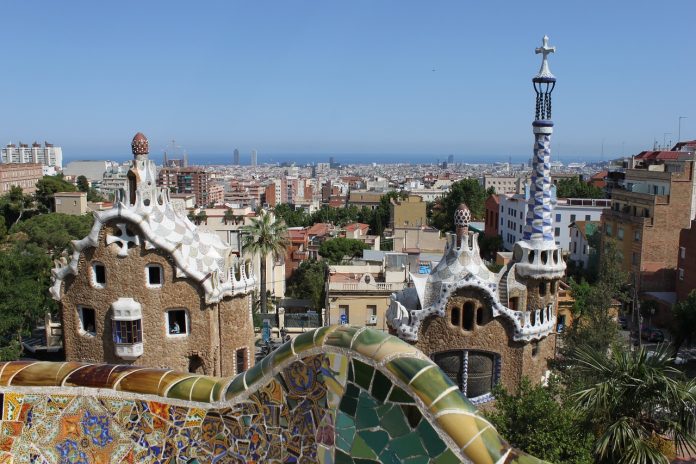Barcelona, one of the most popular tourist destinations in the world, has recently implemented a new rental law that has significant implications for house owners who rent their properties to tourists. Under this new law, house owners are now required to obtain a license in order to legally rent their properties to tourists.
Barcelona has been facing a surge in tourism over the past decade, leading to an increase in the number of properties being rented out to tourists. This trend has raised concerns among local residents, who argue that the influx of tourists is driving up rental prices and causing a shortage of affordable housing options.
In response to these concerns, the Barcelona City Council introduced the new rental law to regulate the short-term rental market. Anyone already renting their property will have to apply for the license in the next 5 years or will be forced to cease business.
Key Provisions of the Rental Law:
- License Requirement: The most significant provision of the new rental law is the requirement for house owners to obtain a license before renting their properties to tourists. This license ensures that the property meets certain safety and quality standards, protecting the well-being of tourists and maintaining the reputation of Barcelona as a tourist-friendly city.
- Maximum Rental Period: The law also imposes a maximum rental period for tourist accommodations. House owners can only rent their properties for a maximum of 120 days per year. This provision aims to prevent the excessive commercialization of residential properties and preserve the availability of long-term rentals for local residents.
- Registration with the City Council: House owners must register their rental properties with the Barcelona City Council and provide detailed information about the property, including its location, size, and amenities. This registration process helps the authorities keep track of the number of tourist accommodations in the city and enforce the regulations effectively.
Impact on House Owners:
The new rental law has both positive and negative implications for house owners. On one hand, obtaining a license ensures that their properties meet safety and quality standards, which can enhance the overall guest experience and attract more tourists. Additionally, the registration process allows house owners to operate legally and avoid potential fines or penalties.
On the other hand, the maximum rental period of 120 days per year may limit the income potential for house owners who heavily rely on short-term rentals. Moreover, the licensing process can be time-consuming and costly, especially for owners who own multiple properties. These factors may discourage some house owners from continuing to rent their properties to tourists.
Impact on the Tourism Industry:
Barcelona’s new rental law aims to strike a balance between the needs of local residents and the tourism industry. By regulating the short-term rental market, the law intends to address the concerns of residents regarding rising rental prices and housing shortages. It also aims to ensure that tourists have access to safe and quality accommodations during their stay in Barcelona.
However, critics argue that the new law may have a negative impact on the tourism industry. They believe that the restrictions on short-term rentals may reduce the availability of affordable accommodations for tourists, leading to a decline in tourism revenue. Additionally, some argue that the licensing requirements may discourage property owners from participating in the rental market, further limiting the options for tourists.
Conclusion:
Barcelona’s new rental law requiring house owners to obtain a license before renting their properties to tourists is a significant step towards regulating the short-term rental market. While it aims to address the concerns of local residents, it also poses challenges for house owners and the tourism industry. Striking a balance between the needs of residents and the tourism industry will be crucial in ensuring the long-term sustainability of Barcelona as a popular tourist destination.






